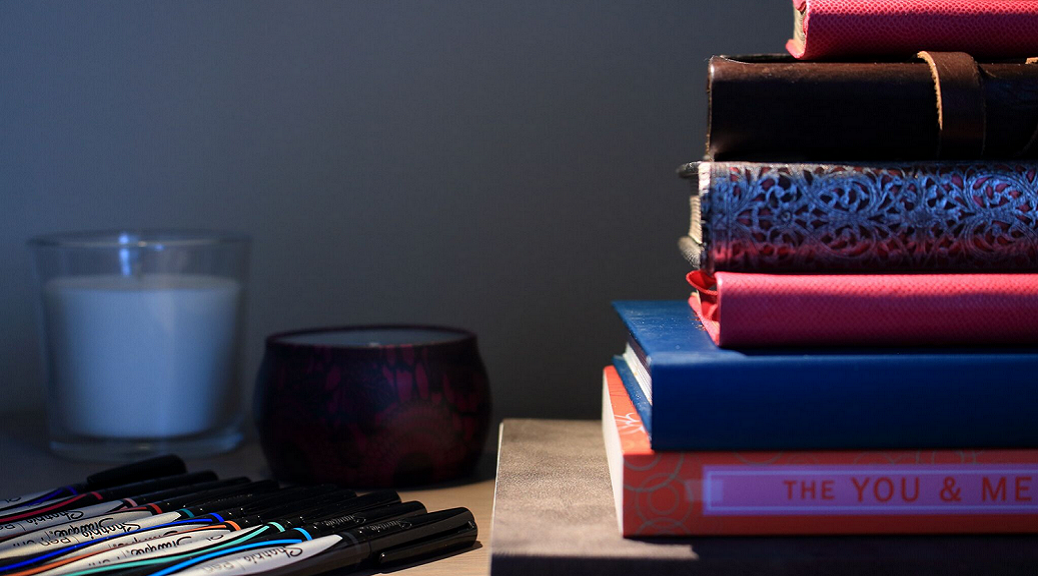Last week’s post on cultural appropriation inspired some very interesting conversations. Most interesting was the fact that most reactions came from well-meaning individuals who work hard on eliminating prejudices from their day-to-day lives. It’s difficult for people like us to realise that, despite all the time, energy, and love we put into this cause, we might have been doing it wrong (or at least, partially so.)
Perhaps the first thing we—i.e. those working on the elimination of all prejudices—need to understand is that even best intentions do not translate into perfection actions. We can be the most dedicated to the cause of eliminating prejudices and still unwillingly be doing something that is supporting the racist status quo. Sometimes, we can even say something racist. However, this does not define who we are; this does not make us racists, it makes us imperfect humans walking a path of learning and constant refinement. It’s OK to make mistakes and these mistakes do not define us.
The second thing is to be kind to ourselves. It’s really hard for a person dedicated to the elimination of prejudices to realise one day that they can have prejudicial thoughts. But it’s also normal that some of society’s overwhelmingly present poison seeps into us once in a while. Accepting that you are not perfect means accepting that you can make mistakes; being dedicated to self-improvement will make you address whatever issue that comes up. Furthermore, working on eliminating all forms of prejudices we personally have teaches us skills we can apply to eliminating prejudices in our communities.
When it comes to the issue of cultural appropriation, it is so important to understand that just because we are not racist doesn’t mean we can adopt a certain aspect of, say, African-American culture without considering what it does to them. If they feel that we are appropriating their culture, then we need to respect that feeling both out of love for them as well as out of respect for their suffering over the last decades.
And finally, we cannot forget that the structures of our society were built, for the most part, in an era where racism was rampant. While we do need more and more individuals who are not racist, it’s not enough. We also need to figure out a way of completely transforming these structures. It’s a lot of work which we can begin by wielding whatever influence we have to contribute to the discussion about the elimination of prejudices, however difficult it may be. None of us have the answer, so it’s only in constant, respectful conversation, followed by thoughtful action, and topped off with deep reflection, that we will be able to build a world that is prejudice-free both in the way its members act as well as in the structure that governs it.
Image courtesy of Chad Mauger.


Thank you Sahar… Yes, I am starting to realize also how difficult it can be to create unity, especially with such a sensitive issue as racism. How little things can make a big difference.
I have to ask you… When you say “If they feel that we are appropriating their culture, then we need to respect that feeling both out of love for them as well as out of respect for their suffering over the last decades.”, who is “they”? Who is “we”? Why this difference? Why this clear-cut division, as if each group was uniform, with uniformed thoughts and ideas? Certainly that cannot be the case. Certainly there are many differences between the individuals in the same group. Certainly some even think something totally different than members of the same group: some may feel that a white person wearing corn-rows is cultural misappropriation, while some may say “hey, great haircut!”.
Even this idea that there are only two groups is misleading. There are so many different groups, sub-groups, mixes between groups… In this era of cultural mix-up, is seeing things in only 2 groups really useful?
This may be one of the biggest mistakes that we make, to reduce things to a simplistic level of “us” and “them”. I don’t believe this is the case. “Ye are all fruits of one tree, the leaves of one branch, the flowers of one garden.” says Baha’u’llah. I believe that this division, this false dichotomy, may be, at best, a step on the way to real racial unity. I suggest that the faster we get rid of it, the faster we will get closer to true unity.
I think we have covered this already in our Facebook discussion 😛